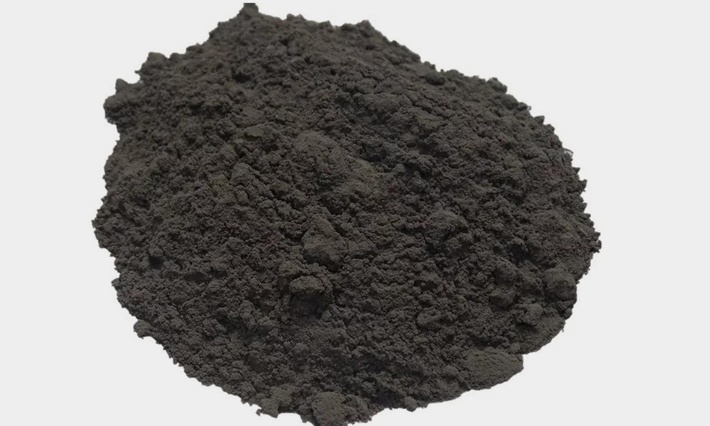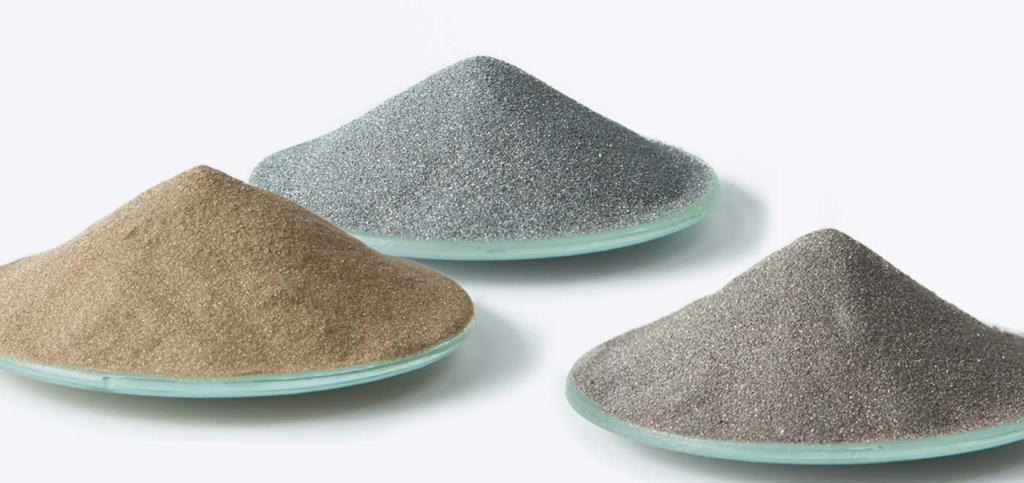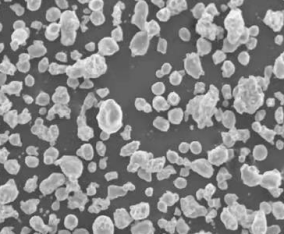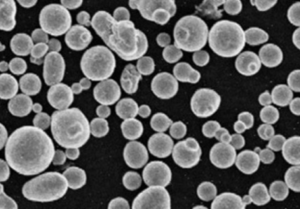Introduction
Have you ever thought about the wonders of the tiny sphere that holds enormous power? Titanium alloy spheres are precisely that wonder. What is a titanium alloys sphere? Simply put, it’s a blend of titanium and other elements, usually metals. The spherical shape? Well, that’s a marvel in terms of applications and significance.
The Composition of titanium alloys sphere
Diving deeper into its composition, titanium alloys sphere consist of titanium, of course, and a mix of other elements. The most common mixtures include aluminum, vanadium, molybdenum, and more. But why mix anything with titanium in the first place? It’s all about enhancing properties and optimizing performance.
titanium alloys sphere are a group of metallic materials that are primarily composed of titanium as the base element, along with varying proportions of other elements. These alloys are designed to combine the desirable properties of titanium with those of other elements, resulting in materials that are strong, lightweight, corrosion-resistant, and capable of withstanding high temperatures. The specific composition of titanium alloys can vary widely depending on the intended application and desired properties. Here are some common elements found in titanium alloys and their effects:
- Aluminum (Al): Aluminum is often added to titanium alloys to improve their strength and hardness at elevated temperatures. It also contributes to the formation of a stable oxide layer on the surface, enhancing corrosion resistance.
- Vanadium (V): Vanadium is used to increase the tensile strength, wear resistance, and heat resistance of titanium alloys. It can also help refine the grain structure, improving mechanical properties.
- Molybdenum (Mo): Molybdenum enhances the corrosion resistance and high-temperature stability of titanium alloys. It is commonly used in combination with other alloying elements.
- Nickel (Ni): Nickel is added to titanium alloys to improve their toughness, ductility, and impact strength. It also enhances resistance to stress corrosion cracking.
- Chromium (Cr): Chromium contributes to the corrosion resistance of titanium alloys, particularly in aggressive environments. It can also improve high-temperature strength.
- Zirconium (Zr): Zirconium is used to refine the grain structure of titanium alloys, which can improve mechanical properties and creep resistance at elevated temperatures.
- Tin (Sn): Tin is added to some titanium alloys to improve castability and enhance certain properties like wear resistance.
- Iron (Fe): Iron is a common impurity in titanium, but controlled amounts can be intentionally added to improve mechanical properties.
- Copper (Cu): Copper is used in some titanium alloys to increase corrosion resistance and improve thermal conductivity.
- Nitrogen (N): Nitrogen is sometimes intentionally introduced into titanium alloys to improve their strength and hardness through the formation of interstitial solid solution.
These elements are typically added in specific proportions to create different grades of titanium alloys, each optimized for particular applications. Some well-known titanium alloy designations include Ti-6Al-4V (6% aluminum, 4% vanadium), Ti-6Al-2Sn-4Zr-2Mo, Ti-3Al-2.5V, and many more.

Methods of Forming Titanium Alloy Spheres
Just like making a chocolate truffle, forming a titanium alloys sphere isn’t as straightforward as it might seem. Traditionally, they’re produced through methods like casting. However, as technology evolved, so did the methods. Nowadays, more modern innovations allow for precision and shapes that were previously deemed challenging.

The properties of titanium alloy spheres can vary based on the specific composition of the alloy, the manufacturing process, and any post-processing treatments. However, I can provide you with some general information about the properties you might expect from titanium alloy spheres:
- Density: titanium alloys sphere are known for their relatively low density, which contributes to their lightweight nature. Depending on the specific alloy composition, the density of titanium alloy spheres can range from around 4.5 to 4.9 g/cm³.
- Strength: Titanium alloys are prized for their excellent strength-to-weight ratio. They have a high tensile strength, which makes them suitable for applications where strength is crucial while keeping the overall weight low.
- Corrosion Resistance: Titanium alloys exhibit remarkable corrosion resistance, particularly in aggressive environments, due to the formation of a protective oxide layer on their surface. This property is advantageous in various industries such as aerospace, marine, and chemical processing.
- Biocompatibility: Some titanium alloys sphere, like Ti-6Al-4V, are widely used in medical applications due to their biocompatibility and ability to integrate with bone tissue. This makes them suitable for orthopedic implants and dental applications.
- Temperature Resistance: Titanium alloys retain their strength and integrity at elevated temperatures, making them suitable for high-temperature applications such as aerospace engines and components for gas turbines.
- Ductility: Titanium alloys can exhibit good ductility, allowing them to be formed into various shapes without fracturing. This property is crucial for manufacturing processes like forging, rolling, and machining.
- Thermal Conductivity: Titanium alloys generally have lower thermal conductivity compared to other metals like copper or aluminum. While this can be a disadvantage in some applications, it can also be an advantage in situations where thermal insulation is required.
- Electrical Conductivity: Titanium alloys have lower electrical conductivity compared to metals like copper or aluminum. This property might limit their use in applications where high electrical conductivity is essential.
- Weldability: Welding titanium alloys can be more challenging compared to other metals due to their reactivity with atmospheric gases at high temperatures. However, with proper techniques and equipment, they can be successfully welded.
- Machinability: Titanium alloys can be more difficult to machine compared to other metals due to their low thermal conductivity, tendency to work harden, and the need for specialized tooling and cutting techniques.
Applications of Titanium Alloy Spheres
From the soaring heights of the aerospace industry to the intricate world of medical implants, titanium alloys sphere have found their purpose. In the aerospace sector, their lightness combined with durability is unparalleled. Meanwhile, in the medical field, their biocompatibility is a boon. Not to mention, even the sports equipment and various industrial sectors have benefited from its properties.
Advantages of Using Titanium Alloy Spheres
So, why should you pick a titanium alloys sphere over, let’s say, an aluminum or steel one? First, it’s about the comparative benefits. Titanium offers resistance to a plethora of environmental threats where many metals falter. Economically speaking, although titanium might have a higher initial cost, its durability and longevity offer a cost-effective solution in the long run.

Challenges and Solutions
But it’s not always a smooth sail. Manufacturing titanium alloys sphere comes with its own set of challenges. The good news? With challenges come solutions. As hurdles in producing the perfect sphere arise, innovations in the industry tackle them head-on, making the process more streamlined than ever.

Conclusion
In the grand orchestra of metallurgy, titanium alloys sphere are the unsung heroes, playing their part quietly but significantly. Their strength, versatility, and adaptability to various sectors make them a marvel of modern engineering.
FAQs
- What are the main elements in a titanium alloys sphere?
- Titanium alloys primarily consist of titanium mixed with elements like aluminum, vanadium, and molybdenum.
- Why are spheres significant in applications?
- Spheres offer even stress distribution and have aerodynamic advantages, making them crucial in many engineering applications.
- Where are titanium alloys sphere majorly used?
- They’re extensively used in aerospace, medical implants, sports equipment, and various industrial applications.
- How does titanium compare to steel in terms of weight?
- Titanium offers the robustness of steel but at almost half the weight.
- Are there challenges in manufacturing titanium alloys sphere?
- Yes, there are challenges, especially in achieving precision. However, modern methods have evolved to address these issues effectively.

